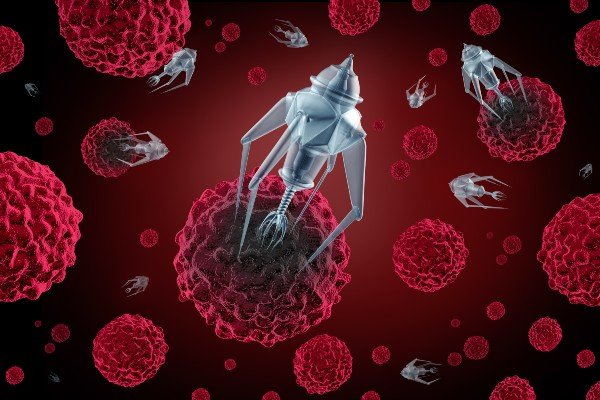
Israeli nanotech breakthrough will change the way researchers test cancer treatments.
In a stunning medical breakthrough, researchers at Ben Gurion University developed a nanochip that mimics cancer cells and can be used to test various treatments. The chip was first reported by the prestigious peer-reviewed scientific journal, Science Advances.
Professor Mark Schvartzman, who led the Ben Gurion U. team, explained to Times of Israel, “Our new chip is like an artificial cancer that can be put in a petri dish with lymphocytes that have been genetically engineered and comprise an immunotherapy treatment. We look at it under a microscope and see whether the treatment works when faced with ‘cancer,’ and if so, how well it works.”
He added: “It’s like a test kit which puts specific lymphocytes in a cancer environment and monitors them.”
Schvartzman said that there are significant advantages to testing treatments on nanochips rather than on real cancer cells. Treatments need to be tested a number of times, but cancer cells extracted from patients can vary. Extracting the cells is also a complicated and invasive procedure.
By using nanolithography, which is the process of etching patterns on a microscopic level, the Ben Gurion University team was able to control the number and manner of molecules attaching themselves to the chip.
The Israeli nanochip has already to led to one unexpected discovery.
According to a Jerusalem Post report, the Ben Gurion University researchers “discovered that the distance between receptors had a dramatic effect on the lymphocytes’ response: the farther away the receptors for attack and suppression, the greater the suppression.
“This contradicts the prevailing understanding of the scientific community, that proximity is required to suppress an attack. According to the researchers, the cell membrane has limited flexibility and therefore when the receptors are in proximity, the lymphocyte cannot attach to both receptors.
(United with Israel).